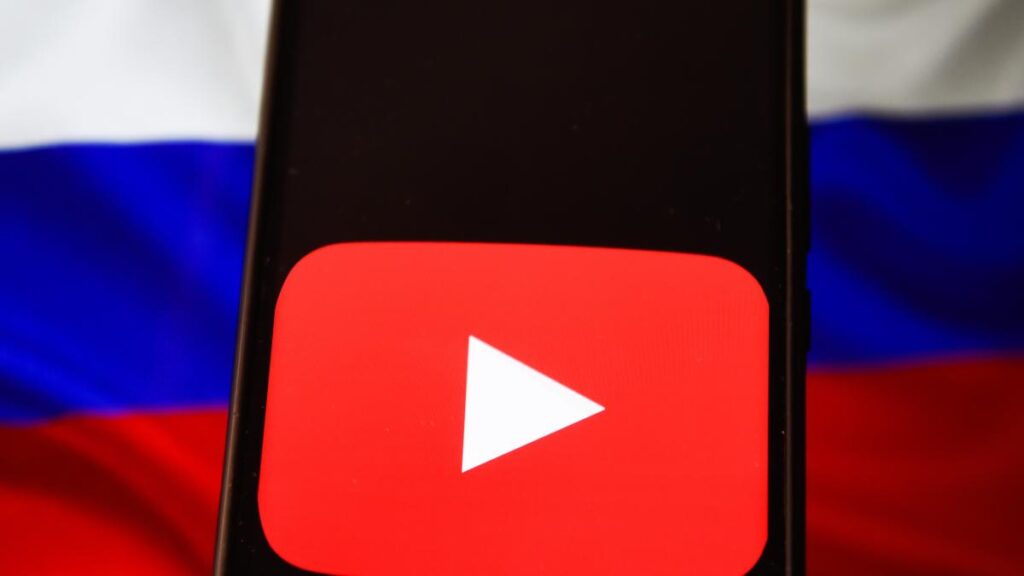Vladimir Putin’s awareness of events in Russia is a widely acknowledged notion, and recent developments regarding YouTube slowdowns in the country seem to reinforce this belief. During a discussion on Russian state television, filmmaker Karen Shakhnazarov revealed his recent meeting with the president, where he raised concerns over the throttling of YouTube, Google’s popular video-streaming platform. Shakhnazarov’s contention that the slowdown was not advisable seemed to fall on attentive ears, as Putin acknowledged the issue but also suggested there was “nastiness” present on the platform. While Shakhnazarov urged for reconsideration, pointing out that individuals adept at technology would simply find ways around any restrictions, such as using VPNs, Putin promised to look into the matter.
Since August, reports indicate that Russia has implemented a significant throttling of YouTube, resulting in speed reductions of up to 70%. The official narrative presented by Russian authorities claims that this censorship stems from Google’s decision to remove channels linked to state-controlled media and certain public figures. However, it is highly suspected that the underlying motive for these actions relates to the Kremlin’s desire to suppress dissenting opinions and criticism of Putin and his administration. The implications of such censorship reflect a broader trend of increasing control over information and media within the country, particularly in the context of ongoing geopolitical tensions.
In a display of the extent of Russia’s grievances toward Google, a Russian court recently imposed a staggering fine of $20 decillion—an astronomical figure with 36 zeros—on the company for its role in the blocking of 17 YouTube channels that are associated with local media. This decision underscores the government’s aggressive stance toward any perceived violations of its media policies, illustrating the lengths to which authorities may go to enforce compliance with Russian laws. The hefty fine also serves as a warning to other tech companies regarding the repercussions of their actions concerning local regulatory frameworks.
Russian Presidential Spokesman Dmitry Peskov has echoed the sentiments of the government, attributing the ongoing issues with YouTube predominantly to the platform’s ownership. He remarked that YouTube’s refusal to adhere to Russian laws is a key factor in the current predicament. The ongoing tension sheds light on the precarious relationship between Western tech companies and the Russian government, showcasing a landscape characterized by complex legal frameworks and ideological clashes. The juxtaposition of corporate interests against governmental mandates reflects the broader issues of freedom of expression versus state control in a politically charged atmosphere.
During this period of throttled service, many citizens may be turning to alternative methods, including virtual private networks (VPNs), to circumvent restrictions and access the content they desire, despite the government’s attempts to impose barriers. This practice speaks to the resilience of users who seek to retain access to diverse sources of information, highlighting a crucial aspect of contemporary information warfare. Technological resilience among the populace challenges state efforts to stifle critical discourse, raising questions about the future effectiveness of internet censorship in an age where digital tools are increasingly accessible.
In conclusion, the situation surrounding YouTube throttling in Russia reveals much about the intersection of political authority, media control, and public resilience in the face of censorship. With leaders like Putin showing mixed responses to concerns about digital access and significant financial penalties directed at Google, there is little doubt that the ramifications of this struggle will continue to unfold. As citizens explore alternative means for accessing information, the tension between state regulation and personal freedoms is poised to become an enduring aspect of Russia’s digital landscape, ultimately influencing how information flows within and beyond its borders.

